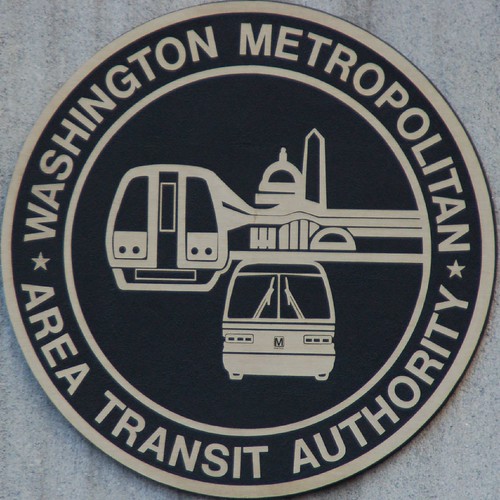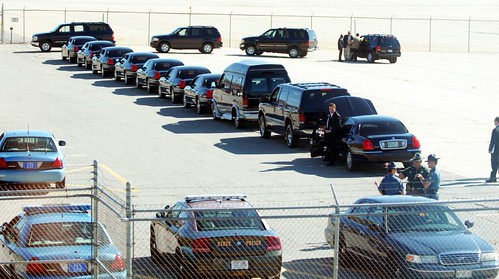TransportGooru is proud to team up with David Rizzo, better known as Dr. Roadmap, a Commute Management expert who writes about issues such as improving gas mileage (mpg), alternate routes, traffic congestion, ridesharing, commuting behavior and intelligent transportation systems on California’s Orange Country Register. He is well known for his comprehensive guide ever written on off-freeway commuting in Southern California, published in 1990. Two years later he became the first traffic reporter to offer daily alternate routes in real time over the air on one of the most popular morning radio shows in Los Angeles. Starting today, he will be contributing bi-weekly columns exclusively for TransportGooru. Here is his first column on tax breaks, just in time for the tax season as we sharpen our pencils and start crunching the numbers before the arrival of April 15:
————————————————————————————————————————————————–
Perhaps October 31, Halloween, is the scariest day of the year, or even Friday the Thirteenth and its specter of 24 hours of bad luck? Maybe. But the one day most working Americans dread most is April 15, the deadline for filling our income tax returns. However, a silver lining surrounds this annual dark cloud for those who share the ride on their way to their job.
On February 17, President Obama single-handedly doubled the tax-free benefit for ridesharers with the signing of the American Recovery & Reinvestment Act of 2009. Now people who take a train, bus or a vanpool to work can receive up to $230 per month from their employer, TAX FREE. That works out to $2760 annually. Anyone treated to a W-2 form at the end of the year qualifies.

Photo Courtesy: Paul Keleher@Flickr
Previously, this amount was limited to just $120 per month, or $1440 per year, as outlined in the Internal Revenue Code, Section 9010.
This fringe benefit encourages commuters to abandon their cars in favor of transit and vanpools, which feature a lower carbon footprint per passenger mile.
Referred to as the Commuter Choice program, it even benefits employers who provide these transportation fringe benefit funds in addition to, or in lieu of, existing compensation paid to their workers. What this means for those of us who haven’t earned a CPA credential lately, is employers realize a savings of at least 7.65% on the amount set aside, since payroll taxes do not apply.
Of course, you know there has to be a “gotcha” or two, but they’re not too bad.
The main catch is that your employer must pay for your commuting expenses by way of a bus pass, rail pass or Transit Check — which is a universal voucher produced by Commuter Check Services Corporation that acts like a gift certificate to purchase transit passes. Most transit agencies honor these.
An employer can also pay money to a vanpool provider, be it a company-sponsored vanpool or otherwise, just as long as the van seats seven adults (including the driver), and at least 80 percent of the mileage is for transporting employees from home to work and back again.
However, an employee cannot receive any cash directly. Otherwise, the IRS will seek a piece of the action.
Additionally, these benefits do not accrue to commuters who carpool. A possible reason behind this exclusion includes the fact that a van, bus, or train can remove far more vehicles off the road than a normal passenger car. Additionally, keeping track of what qualifies as a bona fide carpooling arrangement for commuting purposes only, could prove contentious and time consuming for any employer.
For the first time, though, anyone who pedals to work gets a break. Called the Qualified Bicycle Commuting Reimbursement, a biker can receive up to $20 per month from his or her employer, tax free, for reasonable expenses which include the purchase of a bike, bike improvements, repairs or storage.
President Obama also raised the tax-free parking allowance to $230 per month. And, yes, an employee can take advantage of BOTH benefits. Such would be the case for an employee who drives to a transit station that lacks free parking, then hops on a train for the rest of the trip to work. The potential tax-free income here adds up to a significant $5,520 per year.
While each state clings to its own interpretation of how employers can reimburse their employees for ridesharing, at least the feds have taken some of the sting out of tax time.
We need no longer lie panic stricken when April 15 rolls around.
©2009, Dr. Roadmap®
————————————————————————————————————————————————–
Note: This is copyright-protected content. Please contact Transportgooru if you like to use this article or portions of this article. Thank you.











